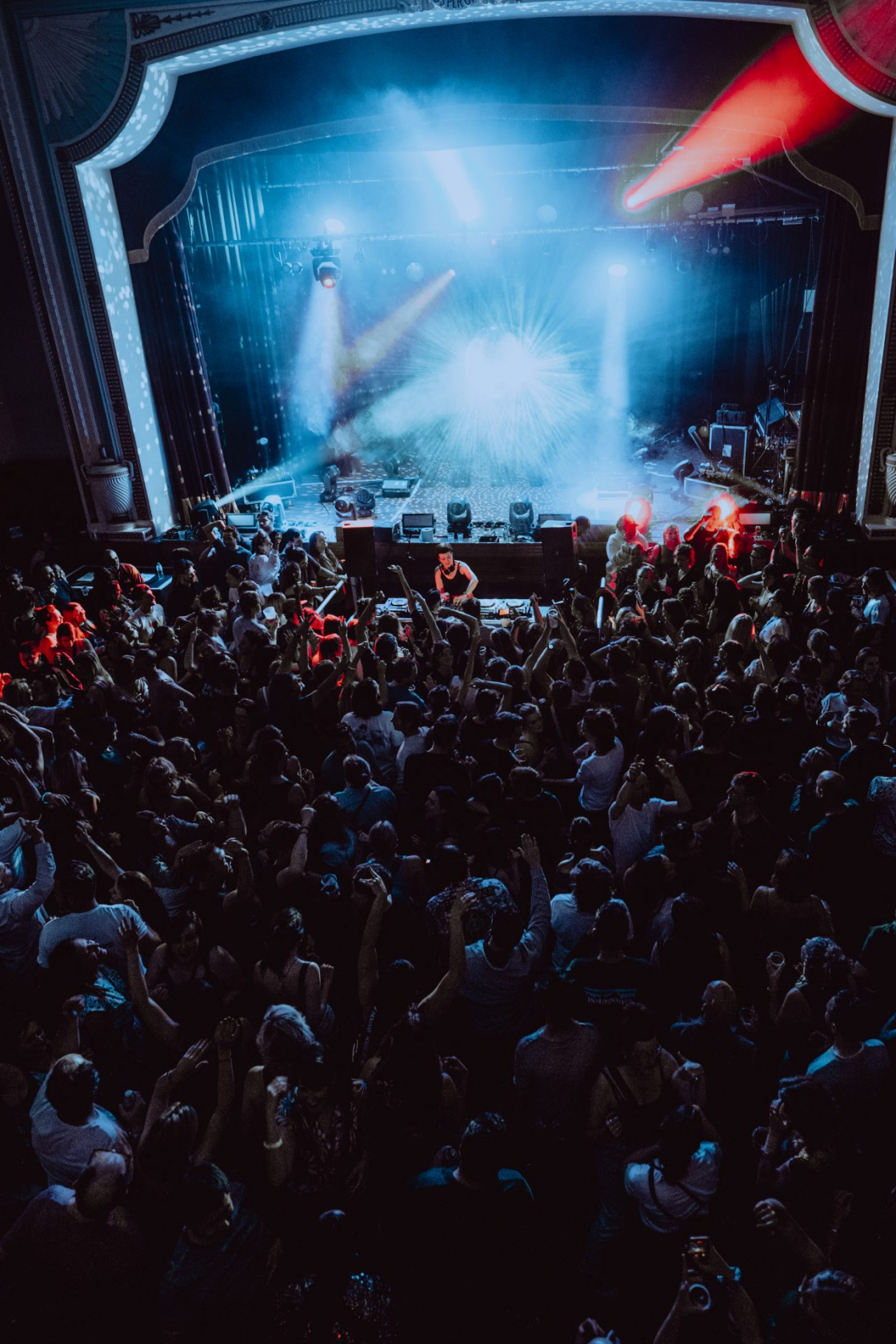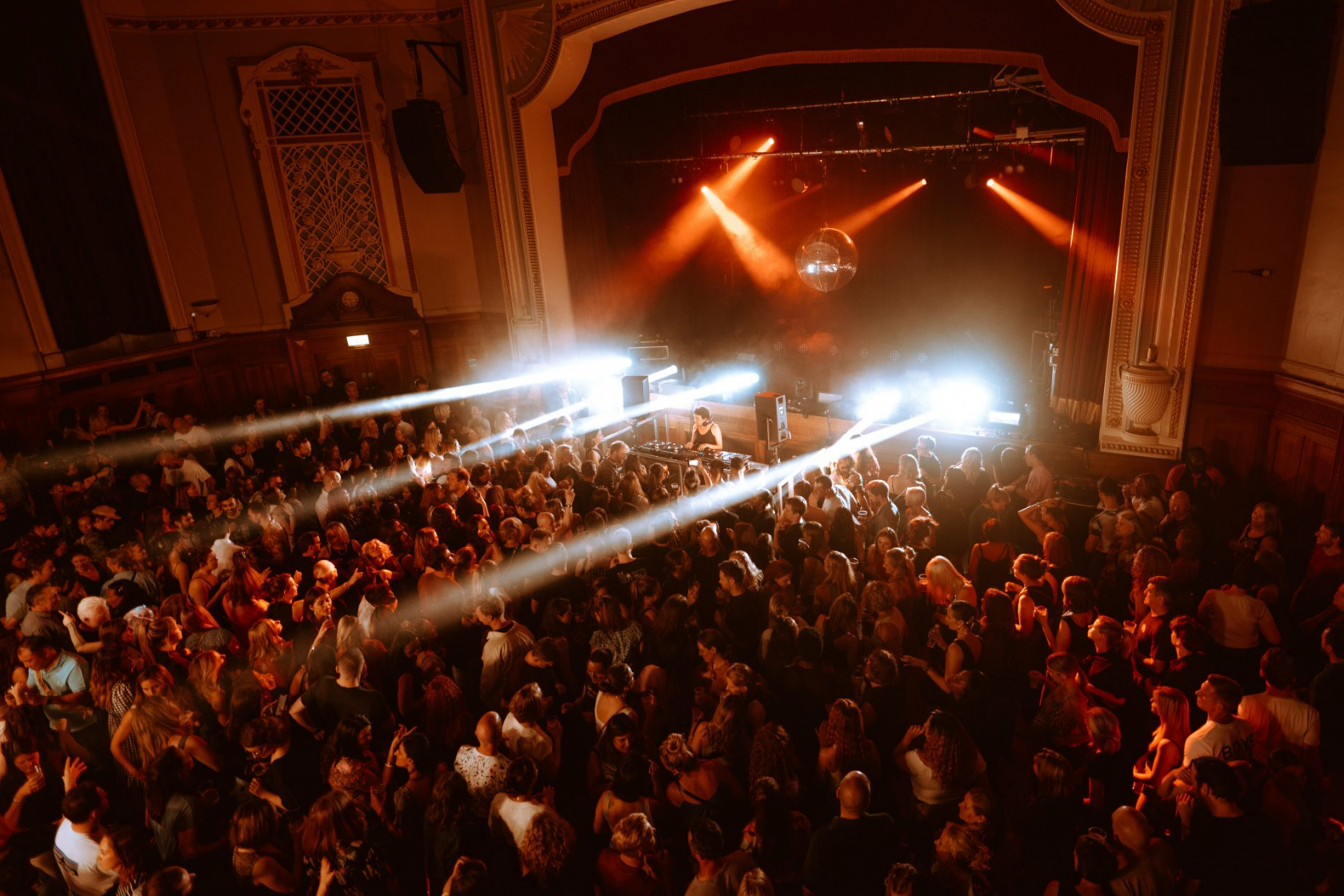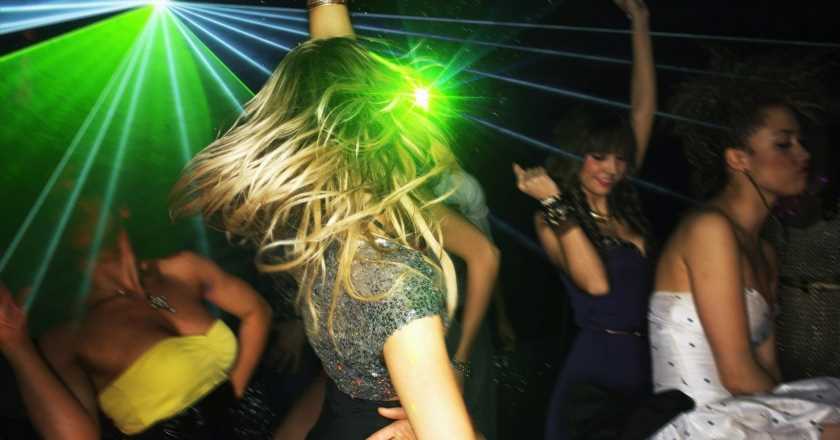Written by Annie Mac
DJ Annie Mac is an icon in British music and an institution in nightclubbing – and with her new club night, Before Midnight, she’s reinvented it for an audience who are more 7-11 than 11-7.
I owe nightclubs a lot. I have found a home from home, fallen in love and made friends for life on sweaty dancefloors. And it was while working at Shine nightclub in Belfast when I was 20 years old, watching the Chicago DJ, DJ Sneak, that I made the decision to try and be a professional DJ.
I’ve spent the last 17 years DJing in nightclubs as my job. I’ve seen trends come and go, watched dance music become global entertainment and DJs become rockstars able to fill entire stadiums with just a set of decks and some visuals. Dance music is big business, but nightclubbing has diminished in the last 15 years.
There are myriad reasons for this, from festival culture swooping in to offer Instagram-friendly raving experiences and a much wider choice of DJs, to gentrification, where luxury flats come into an area because of its edgy, arty reputation and force the late-night venues out because of the noise disturbances. Most of all, there’s a lack of policy from governments in the UK and Ireland to protect our clubs as cultural institutions, which I really believe they are.

Nightclubs can, when done properly, act as cultural crossing spaces, a safe space to experiment with your identity and sexuality away from societal constraints and boundaries. Most of all they are a place where you dance to loud music with like-minded people. There’s a reason humans have been dancing since the beginning of time.
The first 10 years of my DJ career were a joyous whirlwind. I threw myself into it. Since my kids arrived, I have had a routine worked out where I pay a tour manager to drive me to the club then whisk me into a car and drive me home straight after. I bring my duvet and a pillow and curl up on the backseat, arriving back in London at sunrise, falling into bed for two or three hours and then battling through the parental duties of the day.
In the last few years I’ve struggled more as a DJ in nightclubs, mostly with the adage that the DJ grows older and the crowd stays the same age. I worried that I wasn’t serving the crowd because I wasn’t at their level, that I didn’t love the music enough that they wanted to hear.
When Covid struck, the nightclub industry fell off a cliff and my gig schedule completely dried up. For the first time in my DJ career I experienced weekends without early morning finishes. As nightlife opened up again and the offers came in, I found myself saying no to 1am set times.
It made me frustrated, that nightclubbing had to exist in these time parameters. I was so lucky to be able to do this for a living, but I didn’t want to have to drag myself through the weekends like before. I knew that I wasn’t alone in my frustration.
Since I broadcast my last show on Radio 1, I received countless messages from people saying how much they relied on my Friday night show to dance, how it was a moment of unity for their household, how clubbing wasn’t a place for them any more, but they still loved the music. These were people that could go and see any band, or play, or film at accessible times, but had few opportunities to see their favourite DJ in a nightclub at 9pm.
But what if there was a club night for people who couldn’t afford to lose a night’s sleep every weekend? I had left Radio 1 to make my working life work for me. Maybe there was a way I could make DJing nightclubs work for those people, and for me too.
When I announced Before Midnight on my Instagram, the response was overwhelming. The concept was simple: a club night that started at 7pm and ran until midnight. Of course, day parties are not a new concept, but I think in retrospect, making a point of inviting those people who need sleep allowed a huge range of people to feel included and welcome.

When the night happened, I felt more nervous than I had in years about a DJ gig. Selfishly, I wanted it to go well so that I could feel like DJing in nightclubs could work for me moving forwards. But most of all, I wanted the people there to feel a new kind of excitement about nightclubbing.
At 8pm on the night, I walked around the dance floor and talked to people. I met two ladies in their 60s, one of whom said, “I must be the oldest person here.” I told her my 75-year-old father-in-law was there. My friend Sara brought her 18-year-old daughter. There were club kids, veteran ravers, mothers and sons. My support, DJ Melle Brown, even brought her nan and grandad.
I played for three and a half hours, ending the night with a full singalong of Robyn’s Dancing On My Own. In the car home we marvelled how it felt like 5am when it was only half past midnight. I was covered in dried sweat and confetti, grinning from ear to ear.
I had forgotten how fun putting on parties is. How when the right mix of people are in a room, alchemy can happen. I would like to keep doing this, as a pursuit. To create parties for people who want to feel safe and included and celebrated to dance, no matter what age they are and how much sleep they need.
Annie Mac’s collaboration with DJ and producer Melle Brown, Feel About You, will be available on all major streaming platforms from the evening of Thursday 9 June.
Images: Getty; Liam Oz
Source: Read Full Article
